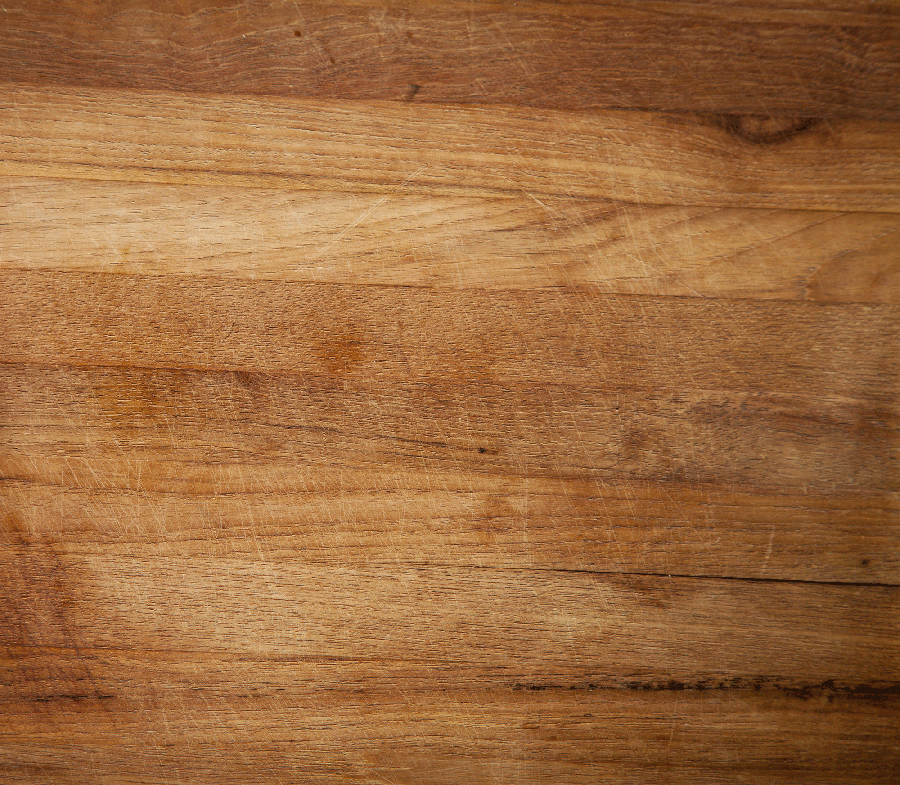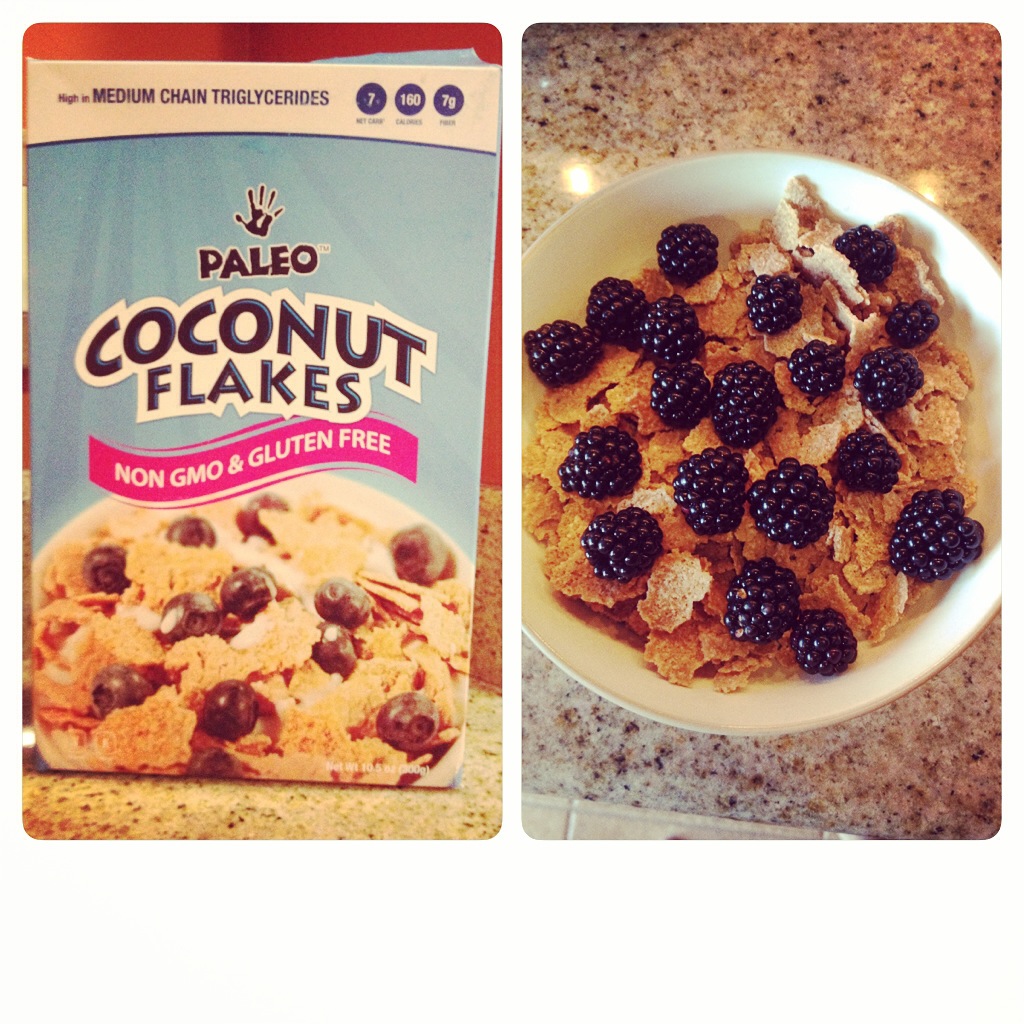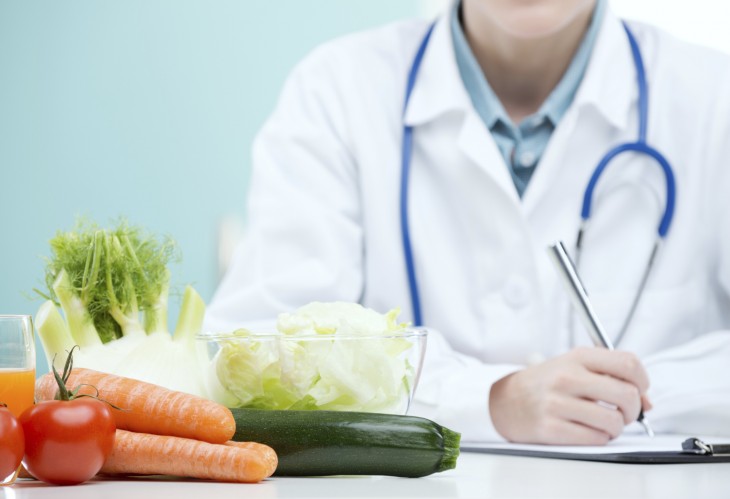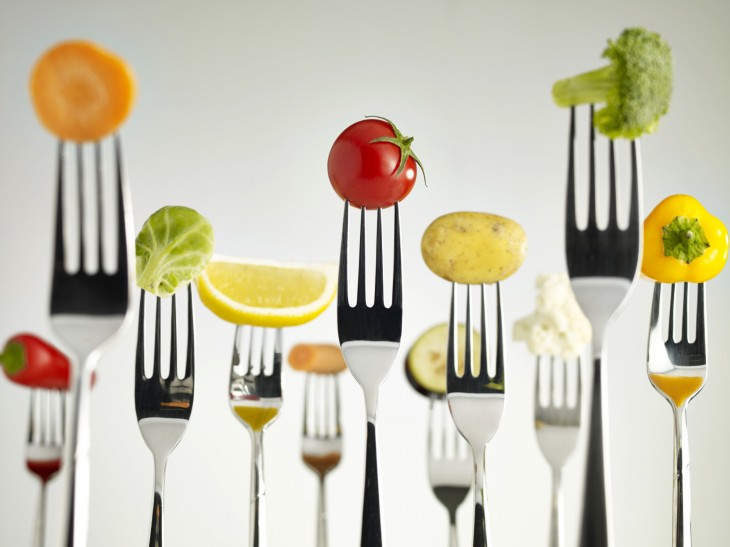“But poetry, beauty, romance, love…these are what we stay alive for.”
Robin Williams, thank you.
Does our diet play a roll in our mental health? It certainly plays a role in our physical health, so why wouldn’t it play a role in our mental health. From personal experience, I believe it does, at least to a certain extent. If you’re an emotional eater, it can affect you in a negative way.
The great Robin Williams passed away yesterday after struggling for years with depression. Mental health has been brought to light because of this tragedy. Every television station, and every social media outlet has been flashing the suicide prevention hotline (1-800-273-8255). I guess sometimes people who feel like they may be the only one realize, when things like this happen, that there is help out there and someone willing to listen. Depression is a very real thing, and if you’re lucky enough to not suffer from it, then you may not truly understand it. Be a friend to someone. Just listen and be there for them.
Stress and anxiety turned me into an emotional eater not too long ago. And I think what some people may not understand, is that when someone is feeling down or overwhelmed, it’s not easy to just “push to the side” or “just get over it”. I don’t want this post to be entirely about depression, but to tie it into my Paleo journey, I decided to do some research on how diet can affect our mental health.
I scoured the internet to see what I could find. I found an article on how gluten can cause depression or anxiety. We know that gluten will cause inflammation in our gastrointestinal tract (I’ve wrote previous posts about this). This inflammation in the gut will cause an autoimmune response to the gluten protein. This attack will release cytokines. They enter our brain causing it to become inflamed, then causing the depression or anxiety. 99% of the population have the genetic potential to have antibodies against gluten, develop.
Okay, so…autoimmune response to the cytokines can affect other organs besides the brain, e.g. joints, lungs, kidneys, heart, and more. If you haven’t read it yet, even after I have suggested it, go read “Grain Brain” by Dr. David Perlmutter. It talks about the ties between gluten, sugar, and lactose to Alzheimer’s and depression.
Many factors can lead to depression or anxiety; stress, alcohol, antibiotics, GMOs, sugar, etc. <–and that my friends is why you should switch to a Paleo lifestyle. It’s the way to go! I cannot stress this enough…if you see a product labeled “gluten free”, AVOID THEM! The wheat in these items is usually replace with rice or corn. They contain proteins that are very similar to gluten. Plus, they are highly processed, loaded with sugars, salts, and preservatives.
I also read that people actually diagnosed with celiac, can have psychological symptoms–depression being one of them. The attack on the proteins can damage the small intestine. Once it’s damaged, essential vitamins, minerals, and proteins may not be absorbed as well as they should. This malabsorption consequently leads to depression. Zinc, tryptophan, and B vitamins are essential nutrients to maintain healthy brain function. They help produce serotonin <–the thing that keeps us happy. So perhaps maybe these fancy doctors should focus more on nutrition, than prescribing medication to just help people deal. Now excuse me while I take my vitamin D, B12, and Zinc. Sadly, many doctors think nutritional deficiencies are unrelated to depression.
If we really want to take care of ourselves, we should really focus on feeding our bodies in order to achieve optimal physical and mental health. In “Grain Brain”, you will read how consuming grains causes degenerative brain disorders. He supports a Paleo lifestyle, but in his Grain Brain diet, he allows for small amounts of diary, legumes, and gluten free grains such as rice and quinoa a few times a week. Diet alone will not solve all the problems; if you’re suffering, please talk to someone.
Depression and diet create a vicious cycle. Depression leads to poor motivation –> then you emotionally eat –> then you feel bad you ate the way you did –> you eat more –> you end up feeling more down. If you eat right, you can get your energy levels up, and squash some of those down feelings. Cut out processed foods and alcohol. Increase your intake of serotonin rich foods — kiwis, plantains, bananas, sour cherries, pineapples, and tomatoes — to name a few.
“You’ll have bad times,
but it’ll always wake you up to the good stuff you weren’t paying attention to.”
–Robin Williams as Sean Maguire, Good Will Hunting-





